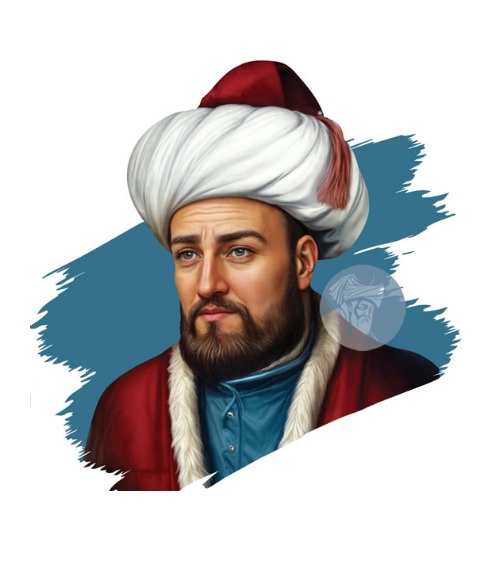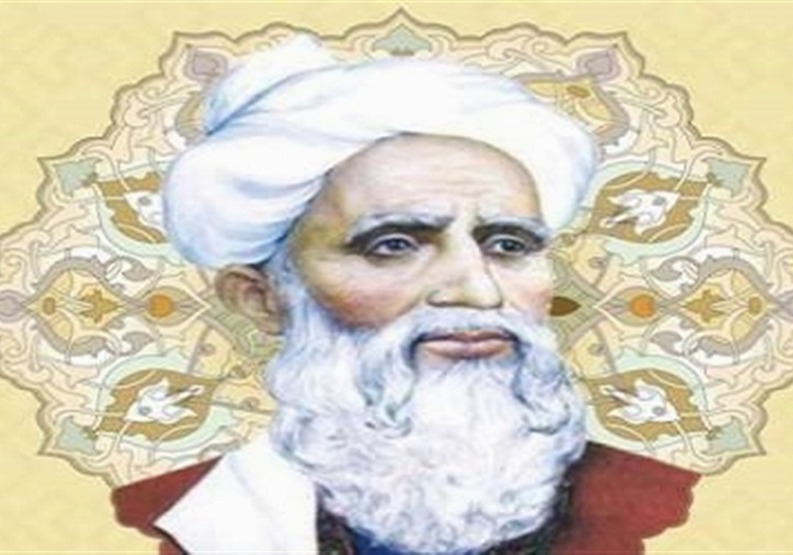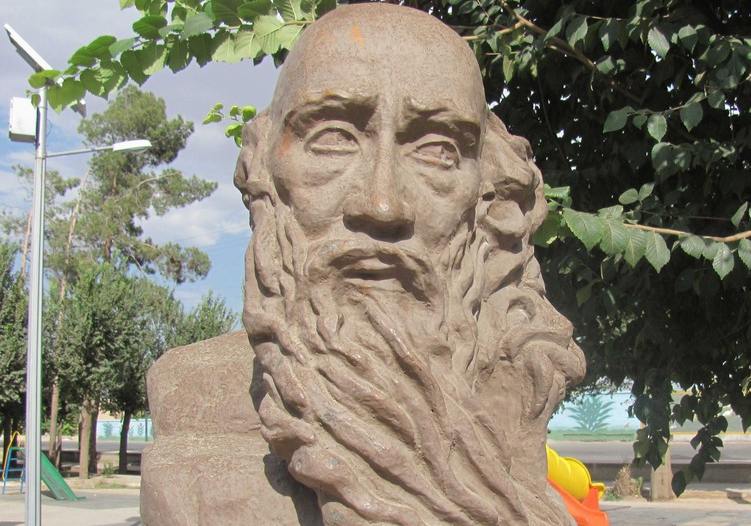
Shahriyar: A Lifetime of Pure Love
Mohammad-Hossein Bahjat Tabrizi was an Iranian poet best known by his pen name Shahriyar. Shahriyar’s most notable work, “Heydar Babaye Salaam”, is considered to be the pinnacle of Azerbaijani Turkish literature that has been translated into more than eighty languages. Shahriyar was born in a village called “Khoshgnab” on the outskirts of Tabriz on 2 January 1906. His father, Haj Mir Agha Khoshgnabi, was a lawyer who resided in Tabriz. Shahriyar considered his father as his main teacher and mentor.
Shahriyar and Love
Mohammad-Hossein Bahjat Tabrizi composed his first poem in Azerbaijani Turkish when he was only four years old, which indicated his innate disposition for poetry. Shahriyar moved to Tabriz as a child and fell in love with its historical and literary roots. He completed his primary education in Mottahedeh and Foyuzat schools where he formally learned Turkish, Farsi, and Arabic. He traveled to Tehran after the end of his secondary education, only to study in Dar ul-Funun (the oldest Western-style institute of higher education in Iran). He studied medicine and worked in a number of hospitals as an intern to finish his course. However, he fell deeply in love towards the last year of his course in Dar ul-Funun and due to depression and some incidents he gave up on completing his studies and despite the insistence and support of his friends he did not show any in going ahead with it. He then joined a government office and served in the office of Registration of Deeds and Properties of Neyshabur and later got employed by Keshavarzi Bank of Tehran.
Heydar Babaye Salaam
Shahriyar initially chose the pen name Bahjat but gradually felt the need to have a new one. He decided to seek help from the Divan of Hafez (doing what is called Fal-e Hafez). That was when he chose the pen name Shahriyar for himself. He started writing poems in Farsi and used to often read them for his mother who used to tell him: “Also write your poems in your mother tongue so that your mother can understand them too”! Such recommendations from his mother and friends was the biggest motivation behind creating his magnificent work of poetry “Heydar Babaye Salaam” in his mother tongue. Shahriyar has composed about twenty-eight thousand verses in Farsi and three thousand verses in Azerbaijani Turkish. His fame has crossed the Iranian borders, making him known in many countries in the world. “Heydar Babaye Salaam” convinced a number of musicians around the world to use its verses in their songs. In 2006, the Iranian film director Kamal Tabrizi managed to portray some aspects of Shariyar’s life in a TV serial named after him.
The Constitutional Revolution and the Islamic Revolution of Iran
Shahriyar’s childhood coincided with the constitutional revolution orchestrated by Sattar Khan and Baqir Khan in Iran. He was also present during the first decade of the Islamic Revolution in Iran and composed several poems in honor of Imam Khomeini and the Islamic Revolution. He expressed his revolutionary sentiments through some of his poems including Salaam, Maqam-e Rahbari (the position of leadership), Noruz-e Enghelab (New Year of Revolution), Yumullah 22 Bahman, etc. Shahriyar was also an expert in composing various types of Persian poetry such as ode, mathnavi/masnavi, ghazal, quatrain, and Nimayi (modern). However, he was certainly more known for his ghazals. “Ali ey Homaye Rahmat” and “Aamadi Janam be Ghorbanat” can be pointed out as two of his most famous works of ghazal. Shahriyar had massive love and great respect for the first Imam of Shia Muslims, Imam Ali (AS).
Shahriyar’s Demise
Towards the end of his lifetime, Shahriyar was admitted to Mehr Hospital in Tehran due to illness. He passed away on September 18, 1988, and was buried in the poets’ Cemetery in Tabriz. The day of his has been named “national day of poetry and Persian literature” in the Iranian calendar.
| Name | Shahriyar: A Lifetime of Pure Love |
| Country | Iran |
| Nickname | Shahriyar |
| Production Time | 1906 AD |
| Works | Heydar Babaye Salaam |
| Yard period | Contemporary |
| Type | Literary |

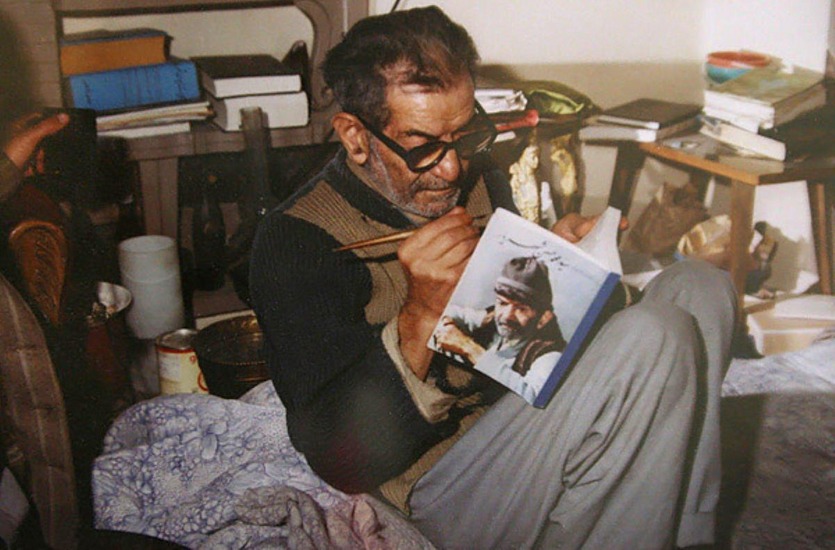
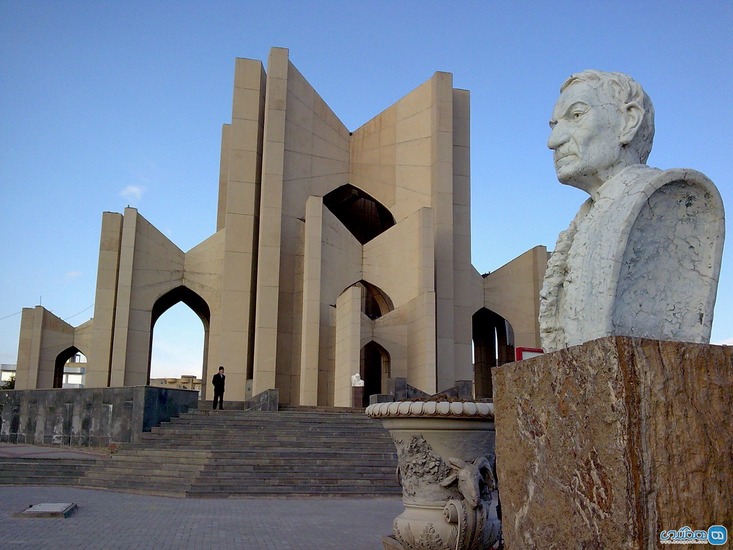



Choose blindless
Red blindless Green blindless Blue blindless Red hard to see Green hard to see Blue hard to see Monochrome Special MonochromeFont size change:
Change word spacing:
Change line height:
Change mouse type:




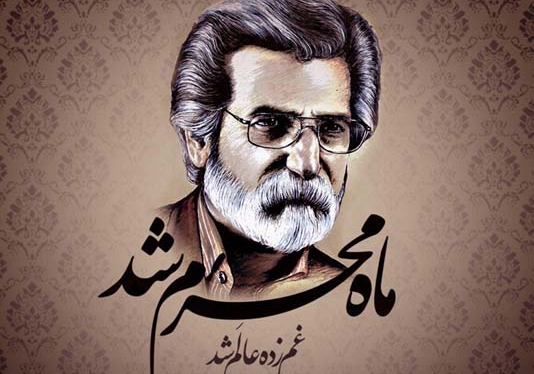
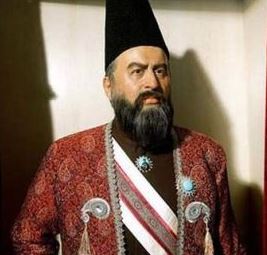
(b)_crop_8.jpg)



